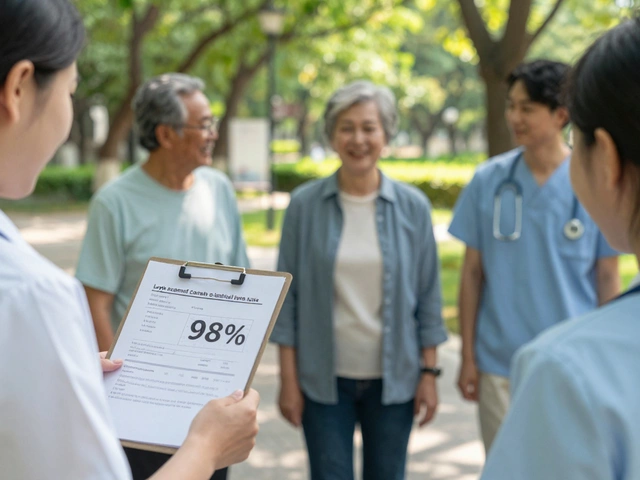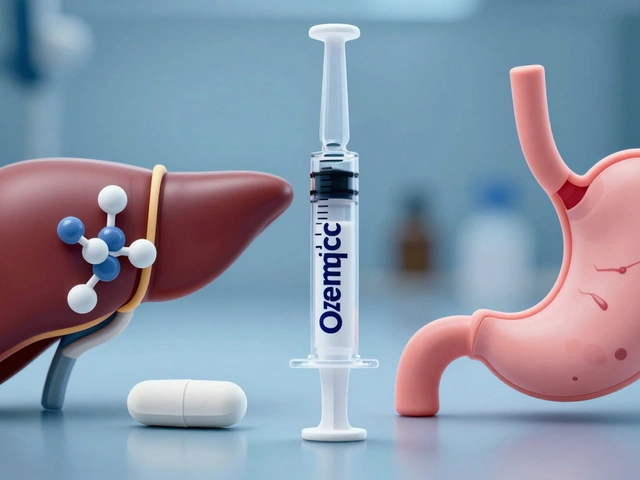Unhealthy Eating: What It Does to Your Body and How to Fix It
Ever wonder why you feel sluggish after a fast‑food binge? The answer is often hidden in the food itself. Processed snacks, sugary drinks, and oily meals can contain chemicals that act like low‑grade poisons. Over time, these substances strain your liver, raise blood pressure, and can worsen chronic illnesses.
Common Toxins Lurking in Everyday Meals
Many Indian households use ready‑to‑cook sauces, instant noodles, and packaged snacks. These items frequently carry excess sodium, artificial preservatives, and trans fats. Sodium overload forces the heart to work harder, while trans fats raise bad cholesterol. Even some “healthy” options, like flavored yogurts, hide added sugars that spike insulin levels.
Another sneaky group is heavy‑metal contaminants. Certain spices, especially turmeric and chili powder, can pick up lead or cadmium during storage. While the amounts are usually low, regular consumption adds up and can affect kidney function. It’s not just medicines that carry toxic risks—our plates can be a source too.
Practical Steps to Cut the Toxic Load
Start by swapping processed items for whole foods. Fresh vegetables, fruits, and legumes provide fiber that helps flush toxins from the gut. If you cook at home, use herbs like cumin, coriander, and fenugreek—they add flavor without the salt overload.
Read labels carefully. Look for “no added sugar,” “low sodium,” or “free from artificial colors.” When a product lists more than five ingredients, chances are many are additives you don’t need. Choose water, herbal tea, or plain buttermilk instead of sugary sodas.
Portion control matters too. Even if a food is technically “healthy,” eating huge amounts can overload your system. Aim for a balanced plate: half veggies, a quarter protein, and a quarter whole grains. This simple visual guide keeps calories and hidden chemicals in check.
Lastly, stay updated on food safety alerts. Indian health agencies regularly issue warnings about contaminated batches of spices or dairy. A quick scan of local news or health websites can save you from unintentionally ingesting harmful substances.
Changing eating habits doesn’t have to be a marathon. Pick one unhealthy item to replace each week—maybe swap sugary tea for lemon water or replace chips with roasted chickpeas. Small tweaks add up, and before long you’ll notice more energy, better digestion, and fewer trips to the doctor.
Remember, your diet is a daily choice that directly affects how your body handles toxins. By spotting the hidden dangers and making smarter swaps, you protect yourself from the silent damage of unhealthy eating. Your future self will thank you.

Which Country Has the Unhealthiest Diet?
Figuring out which country eats the unhealthiest is more than just pointing fingers at who eats the most fast food. It's a mix of factors like high sugar intake, dependency on processed foods, and cultural habits that favor unhealthy options. This information matters more so today as people are willing to travel for better medical care going beyond borders with medical tourism solutions. Discover some surprising countries that earn this dubious title and what you can do if you're planning to travel for health-related reasons.




